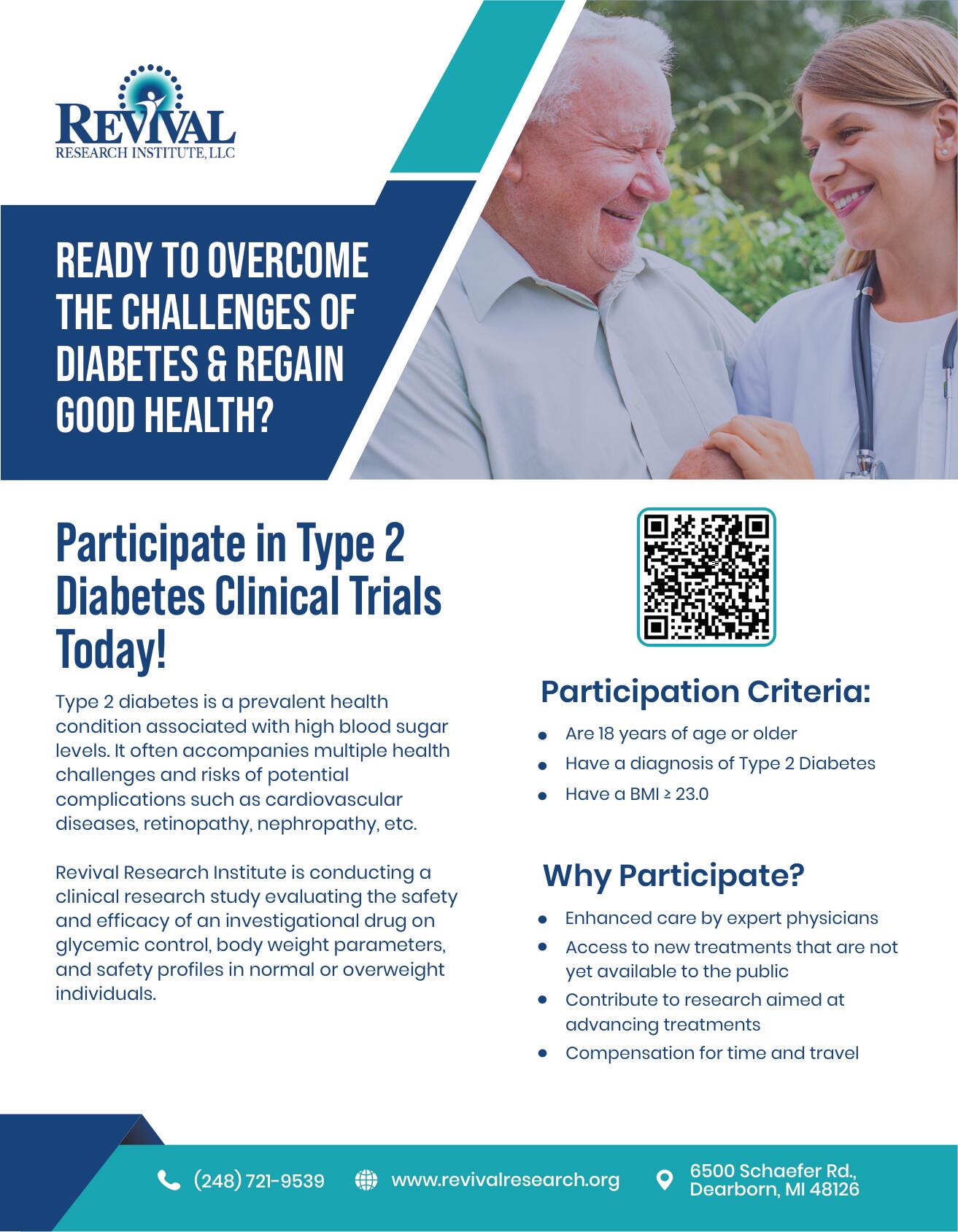Diabetics are four times more likely to have a stroke and twice as likely to suffer a fatal heart catastrophe. People with diabetes can take several steps to manage their cardiovascular risk effectively. Here are some key strategies:
1. Control blood sugar levels: High blood sugar levels can increase the risk of cardiovascular complications. Diabetics should aim to keep their blood glucose levels within the target range advised by their healthcare provider. This typically involves regular monitoring, following a healthy diet, taking prescribed medications or insulin, and engaging in regular physical activity. You may also want to participate in type 2 diabetes clinical trials.
2. Adopt a healthy diet: Diabetics should focus on consuming a well-balanced diet that is low in saturated and trans fats, cholesterol, and sodium. A diet rich in fruits, vegetables, whole grains, lean proteins (such as fish, poultry, and legumes), and healthy fats (like olive oil and avocados) can help manage blood sugar levels and reduce cardiovascular risk.
3. Maintain a healthy weight: Excess weight can contribute to cardiovascular problems. Diabetics should strive to achieve and maintain healthy body weight through a combination of a balanced diet and regular exercise.
4. Engage in regular physical activity: Regular exercise plays a crucial role in managing cardiovascular risk. Diabetics should aim for at least 150 minutes of moderate-intensity aerobic activity per week, along with strength training exercises at least twice a week. However, it’s important to consult with a healthcare provider before starting any new exercise regimen.
5. Manage blood pressure: Diabetics should monitor and control their blood pressure levels. High blood pressure can significantly increase the risk of cardiovascular complications. Lifestyle modifications, including a healthy diet, regular exercise, limited alcohol consumption, and medications prescribed by a healthcare professional, may be necessary to maintain optimal blood pressure levels.
6. Quit smoking: Smoking is extremely harmful to cardiovascular health, especially for diabetics. Quitting smoking is one of the most effective ways to reduce the risk of heart disease. Support from healthcare providers, nicotine replacement therapies, and behavioral counseling can all aid in the process of quitting smoking.
7. Regular medical check-ups: Diabetics should have regular check-ups with their healthcare providers to monitor their cardiovascular health. This may involve assessments of blood sugar levels, blood pressure, cholesterol levels, and other relevant tests. Medication adjustments or additional interventions may be recommended based on the results.
It is essential for diabetics to work closely with their healthcare team to develop an individualized plan to manage their health, as each person’s situation may vary. It is a good idea to explore all possible alternatives, such as type 2 diabetes clinical trials, before beginning a treatment plan.



